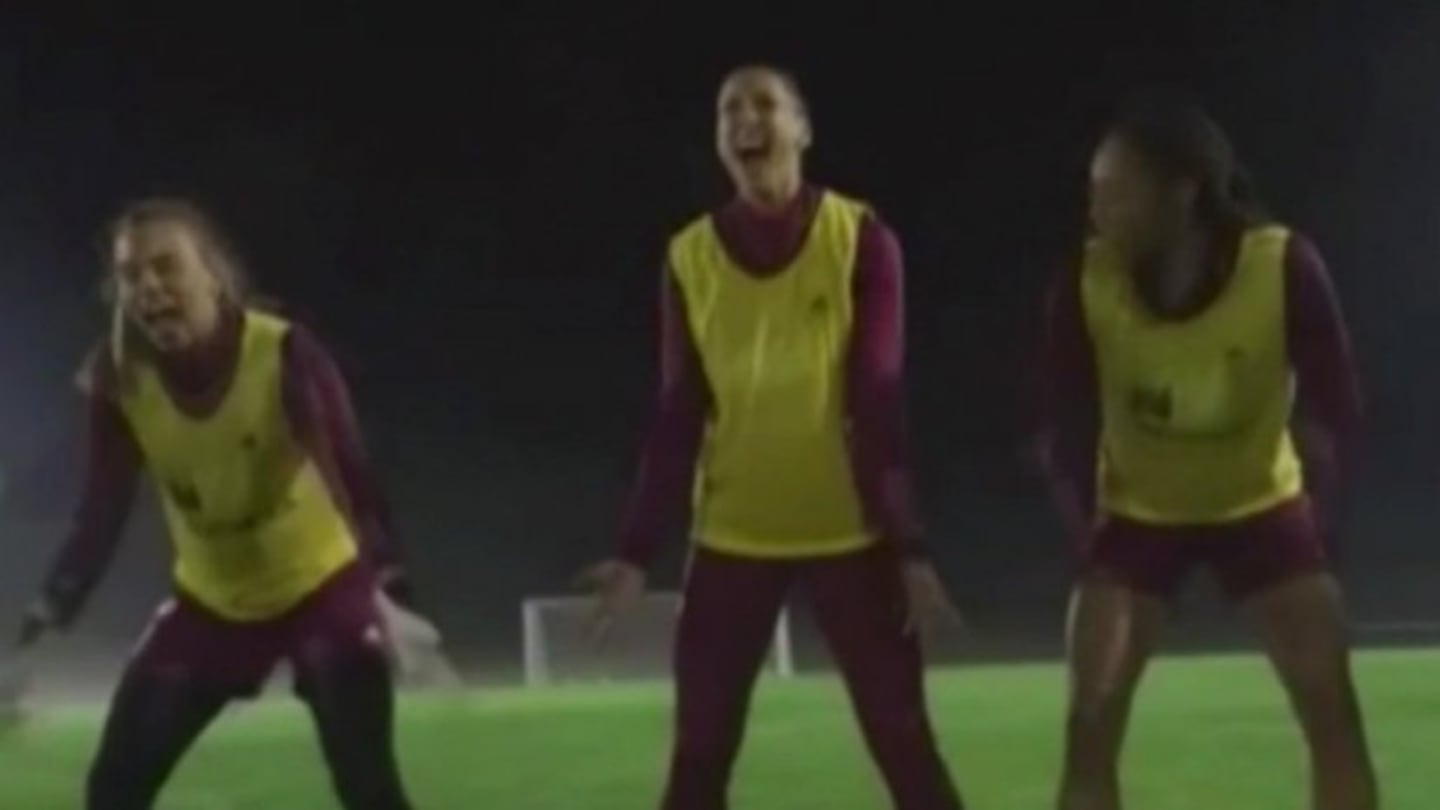A video showing a Spanish women’s football team attempting a haka before dissolving into laughter has led to a request for FIFA Women’s World Cup teams to respect Māori culture, as the world cup looms closer to kicking off on July 20.
The video was taken at Spain’s first practice in Aotearoa and aired on their social media channels before being taken down.
Senior lecturer and co-author of the commodification of Māori rituals in sport paper Dr Jeremy Hapeta sees it both as being “a bit of harmless fun” in the eyes of sports fans and “trampling upon our mana” from a Māori perspective.
“Clearly there’s no physical harm but there’s potential harm psychologically,” Hapeta says. “[It could] potentially be trauma triggering for some Māori to see their taonga treated with such disregard for the mana that it has as a cultural ritual. I don’t speak for all Māori on that but for some iwi that could be.
“It’s like we’ve opened our door to them, rolled out the whero whariki, the red carpet, and they’ve walked into our whare with their dirty, filthy football boots on and wiped all their mud on our whariki.”
Hapeta believes there’s been a miscommunication with FIFA and teams on how to conduct themselves, as advisory groups of both Māori and Indigenous peoples were created and consulted with FIFA over cultural elements incorporated into the world cup.
It comes as both Aboriginal and Tino Rangatiratanga flags will fly at all world cup matches held in Australia and New Zealand, per FIFA's approval of a request.
“There seems to be a disconnect between what FIFA are trying to celebrate throughout this tournament and how teams are interpreting the messaging coming through from them.
“A polite reminder, just to raise awareness, I think this has created an opportunity to have the conversation around treading not on eggshells but delicately moving carefully through our spaces, through our whenua.
“[Spain] was bold enough to post it publicly, I think they should apologise publicly, as well. That would go to some way of repairing the damage that they caused.”



